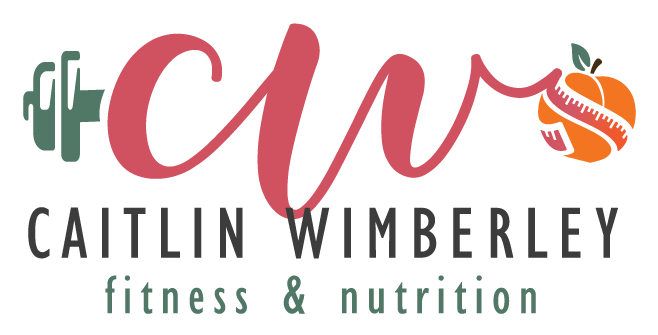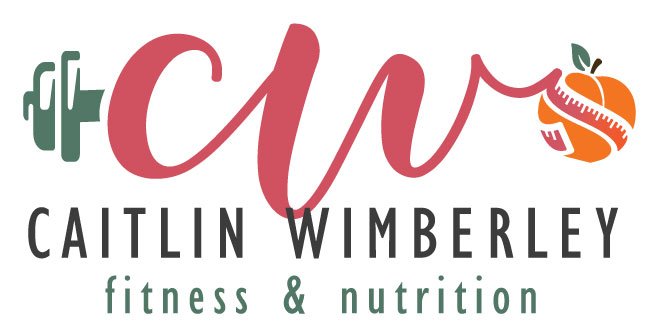Reducing Postpartum Inflammation
It’s no secret that inflammation can lead to physical illness, but research currently shows a strong correlation between inflammation and mental health as well. Even more alarming is the link between postpartum depression and inflammation. When you consider the impact of your gut-brain, the trauma of childbirth, lactation, and depleted nutrient stores, you can see that nourishment is key in feeling more like yourself- mentally, physically, and emotionally. So how do we get there with sleep deprivation and caring for a newborn?
Hydrate! Hydration keeps your joints happy, your organs working in harmony, and aids in elimation aka reducing toxins.
Eat antioxidant rich foods. Antioxidants help defend your cells from damage caused by potentially harmful molecules known as free radicals. When free radicals accumulate, they may cause a state known as oxidative stress. This may damage your DNA and other important structures in your cells (Healthline 2020). Here are some foods that are easily found that you can add to your postpartum plate.
Blueberries
Dark Chocolate (sign me up!)
Pecans
Beets
Raspberries
Beans
Sweet Potatoes
Eat anti-inflammatory foods
Tomatoes
Dark, leafy greens like spinach, kale, collards (my favorite!)
Fatty fish like salmon, mackerel, and tuna
Olive oil
Whole grains
Avoid/cut back on inflammatory foods
Refined sugar and high-fructose corn syrup
Artificial trans fats (french fries, fried foods, pre-packaged sweets)
Refined carbohydrates
Processed meat
Drink less caffeine (it should be noted that black coffee does have antioxidant properties, but overindulging can reduce their positive benefits)
Make sure you hit your macronutrients AND micronutrients on your plate:
Protein
Iron
Essential Fatty Acids
Vitamin A
Vitamin C
B Vitamins
Folate
Zinc
Iodine
Selenium
Magnesium
Carbohydrates
And if you’re a friend or family member supporting a mama who is recovering, consider these anti-inflammatory meal options when signing up for her meal train:
Garlic Butter-Roasted Salmon with Potatoes and Asparagus
Sweet Potato, Kale, and Chicken Salad with Peanut Dressing
Sheet Pan Mediterranean Chicken, Brussels Sprouts, and Gnocchi
And for your vegetarian mama friends:

